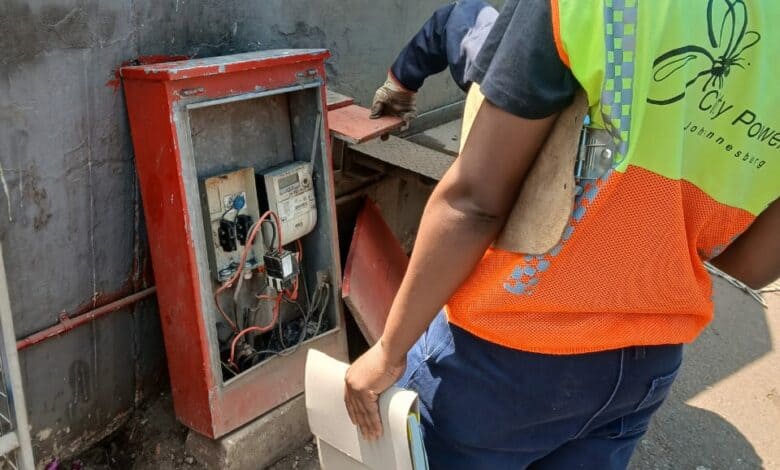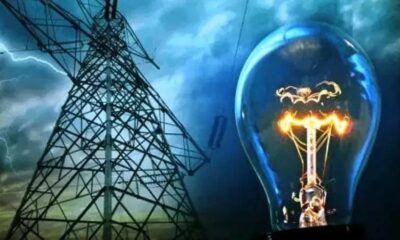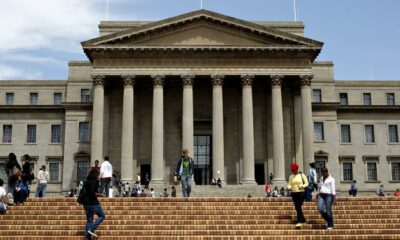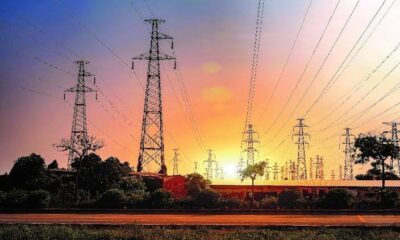News
The R1.6 Billion Standoff: City Power’s High-Stakes Mission to Reclaim a Colossal Debt

Imagine a single debt so large it could power thousands of homes or fix countless crumbling infrastructure issues. That is the reality for Johannesburg’s power utility, City Power, which is locked in a high-stakes battle to recover a staggering R1.6 billion owed by the Hursthills Mall. This isn’t just a line item on a balance sheet; it’s a financial black hole that affects every single resident and business connected to the grid.
The utility has declared this massive debt recovery a top priority, signaling a new, aggressive stance against non-payment. For the people of Johannesburg, this fight is about more than just money; it’s about the very sustainability of their electricity supply.
A Debt That Echoes Across the City
The figure is almost too large to comprehend. R1.6 billion represents a significant portion of the utility’s budget, money that is desperately needed to keep the lights on for everyone. This debt has accumulated over time, and its impact is felt indirectly by all paying customers.
When a single entity defaults on a payment of this magnitude, the shortfall must be absorbed elsewhere. This can lead to upward pressure on electricity tariffs for all, and it starves the utility of the funds it needs for critical maintenance, infrastructure upgrades, and expanding services to new areas. In essence, the responsible majority ends up subsidizing the delinquency of a few.
The Ripple Effect of Non-Payment
City Power’s mission to recover this debt is a clear signal that the era of leniency for large-scale defaulters is over. The utility is likely employing a multi-pronged strategy. This can include formal payment demand notices, legal action, and potentially even disconnection of services as a last resort.
The situation at Hursthills Mall is a stark example of a wider problem. Municipal debt across South Africa has reached crisis levels, crippling the ability of cities to provide basic services. From water to electricity, the culture of non-payment creates a vicious cycle: services deteriorate because there is no money for upkeep, which in turn makes people less willing to pay for poor service.
Why This Fight Matters to You
For the average Johannesburg resident, this might seem like a distant corporate dispute. But the outcome of this recovery mission has real-world consequences for everyone.
A successful recovery of even a portion of this R1.6 billion would inject much-needed capital back into City Power’s coffers. This could directly translate to faster response times to power outages, investments in new substations to reduce load, and a more stable electrical grid for the entire city. It is a fight for financial resources that are rightfully owed to the public.
The utility’s aggressive pursuit of this debt is a test case. Its success or failure will set a precedent for how other large-scale debtors are handled. The message from City Power is clear: pay what you owe, or face the consequences. For a city tired of darkness and instability, this is a mission that cannot afford to fail.
{Source: www.citizen.co.za}
Follow Joburg ETC on Facebook, Twitter , TikTok and Instagram
For more News in Johannesburg, visit joburgetc.com



























